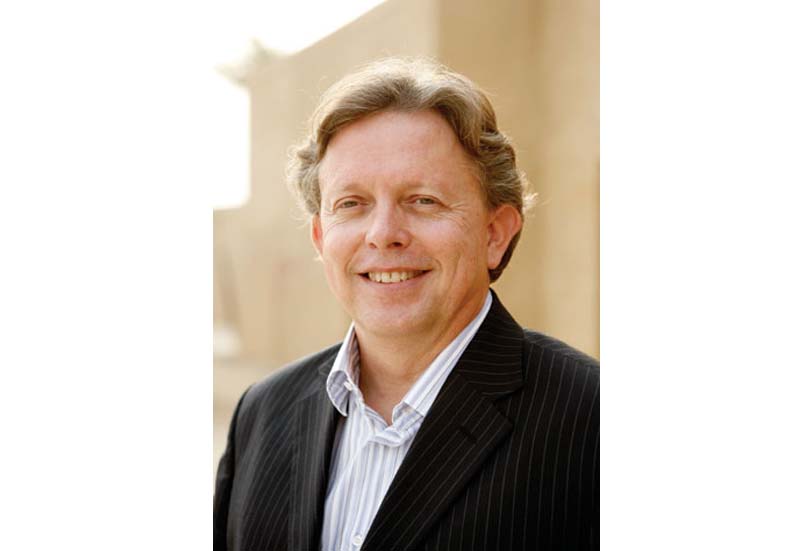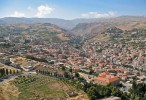This factor appeals to an international audience that wants to learn about Arab culture as well as a local audience, says Viljoen.
"We want to capture the culture and lifestyle not only of the Arab of yesterday, but of today and that probably makes a small contribution to the lifestyle of the future," he adds.
"Young Arabic people will come here and participate in what we do, whether on the business side, behind the scenes in general administrative set-up, in F&B or in the flashy part of us which is the show. Future shows will have young Arabs with great talent join as business people or as artists, and then develop that talent," says Viljoen.
Region-wide recruitment
Getting an Arabic team on board was not too difficult, says Viljoen, as long as the region was approached in its widest context, targeting the Maghreb, Levant and Egypt, as well as the Gulf.
"In Egypt we have a source of good Arab stock not only for the F&B side but on the performer side, with the Cairo Ballet for example," says Viljoen.
"If you focus on the GCC only - excluding Yemen and Oman because there you have a totally different characteristic - it's complex; it's difficult," he adds.

Advertisement
"On the performance side, there is not existing talent. There is young talent, but there is not mature talent that we could source to partake," says Viljoen.
The technical team meanwhile is mainly Filipino, he says, because there was a good source of well-qualified technical staff from the Philippines in Dubai when they began recruiting two years ago.
There are currently 148 employees on the payroll, including 60 performers, and a core of 185 people at the resort when taking into account sub contractors such as security.
However, the performers leave the resort from June to August when the show stops running for the summer.
"From a business point of view, it is a complex animal to manage," says Viljoen.
"Seasonality poses a complex canvas where we have to keep the balance between what needs to be maintained year-round and what can be phased out seasonally, then plugged in and switched on when we open on October 1 of next season," he explains.
Marketing issues
With the performance now perfected and an experienced team on board, the next challenge for the Jumana team is marketing.
"It's a bipolar situation that we are confronted with," says Viljoen.
Located within Dubailand, Al Sahra Desert Resort is the flagship project of Dubai Heritage Vision LLC (DHV), which has the Dutco Group as its sole investors and has therefore been incorporated into its Dutco Hospitality arm.
The Al Sahra and Jumana project was the brainchild of Anita Mehra, also vice president of communication and marketing at Dubai Airports. Mehra first came to Dubai in the 1970s with her family.
According to DHV general manager Johan Viljoen - who met Mehra through a similar role he held at Oman airports several years ago - Al Sahra is a "resort in the making". The first phase - Jumana Secret of the Desert and the amphitheatre entertainment complex - was completed in 2006.
This, explains Viljoen, was in order to stick as far as possible to the brief from His Highness Sheikh Mohammed bin Rashid Al Maktoum, Vice President and Prime Minister of the UAE and Ruler of Dubai, that Dubailand would be populated by projects that in the main would focus on leisure, entertainment and attractions.
The second phase will be to add a day visitor destination to the resort, which will include expanding a small souk into a fully-fledged retail environment where people can buy and experience the making of arts and crafts.
Phase three aims to create a short-stay tourism destination with a four- and five-star hotel scheduled to be completed by December next year. The hotels will be operated by Dutco Hospitality.
"Ultimately the conclusion of the development will be a real estate component," adds Viljoen.









 Search our database of more than 2,700 industry companies
Search our database of more than 2,700 industry companies









